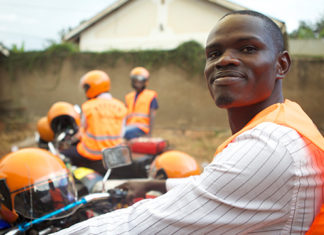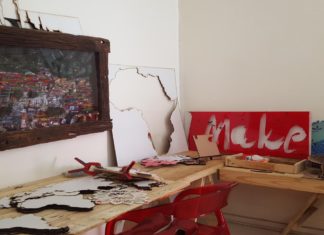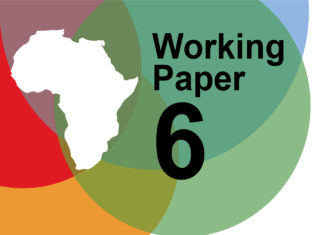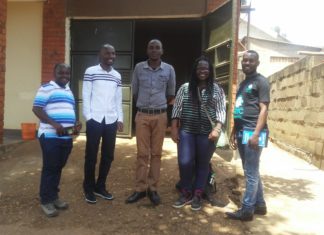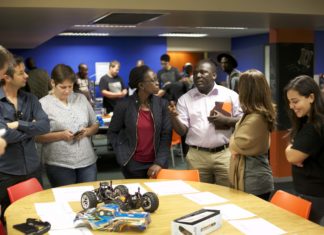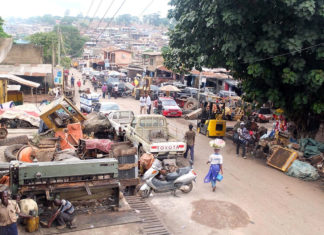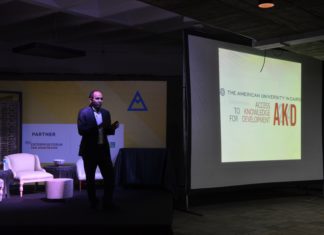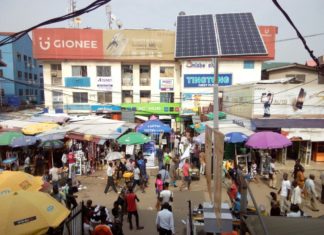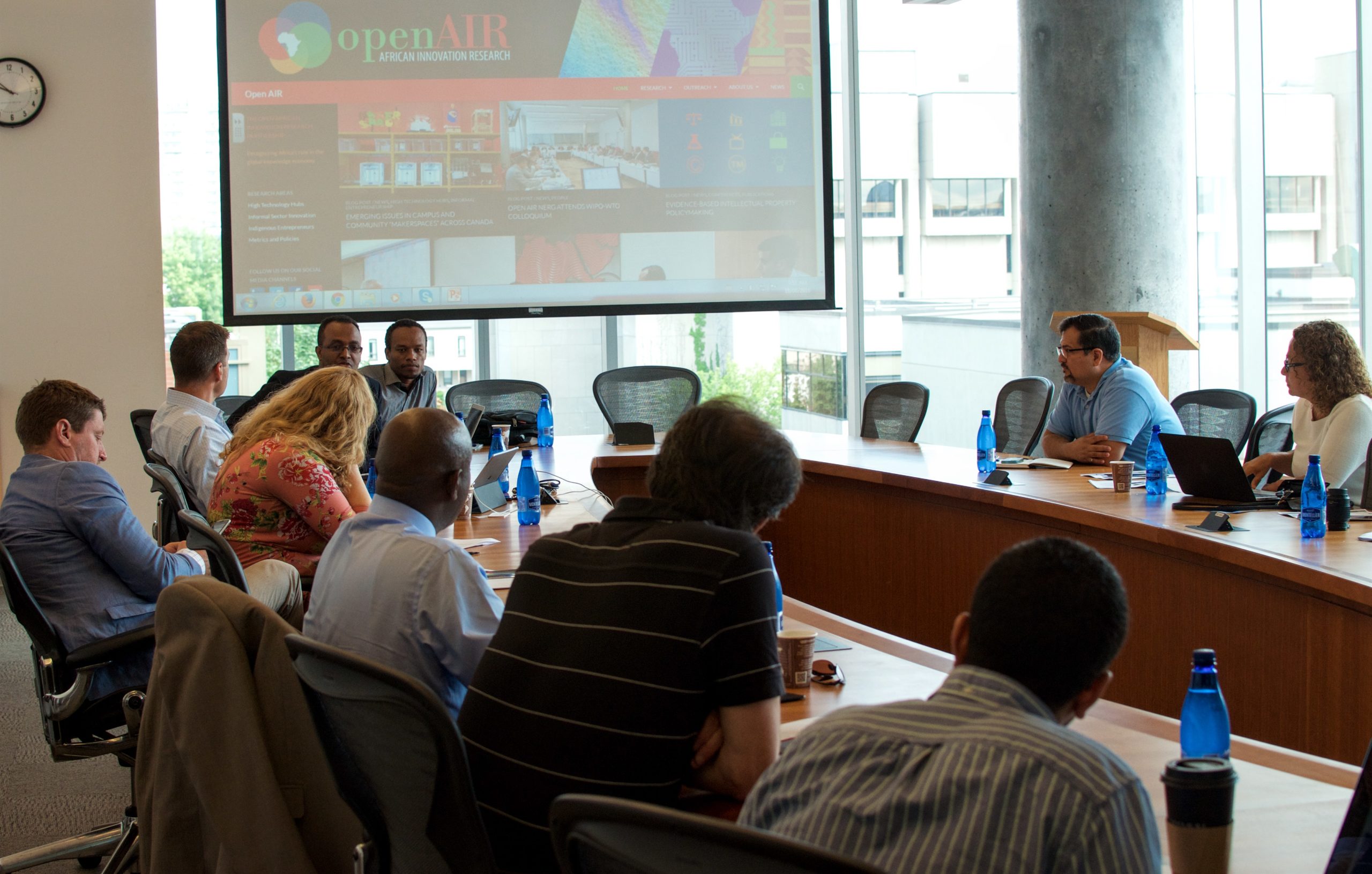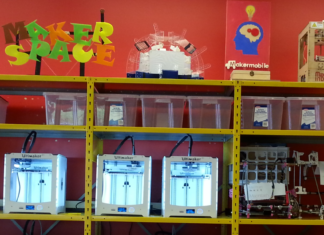Exploring Crowd-Based Capitalism in Africa’s Sharing Economy
The sharing economy has been growing at an ever-accelerating pace throughout the world as peer-to-peer networks and collaborative company models continue to pop up. The sharing economy, according to Rachel Botsman, is “an economic model based on sharing underutilized assets, from spaces to skills to stuff, for monetary or non-monetary benefits.” They often involve platforms that enable the exchange of services between peers or businesses. Arun Sundarajan explains the sharing economy somewhat differently: “What is new, in the “sharing economy,” is that you are not helping a friend for free; you are providing these services to a stranger for money.” He describes this as “crowd-based capitalism.”
Innovation by “makers” in South Africa’s Gauteng Province
The “Makers” who come together to tinker and hack in the maker collectives of South Africa’s Gauteng Province display a wide range of innovation practices, our research for Open AIR has found.
Our study, Collaboration and Appropriation in Gauteng Makerspaces, investigated the activities of eight Gauteng maker collectives. The findings have now been published in Open AIR Working Paper 6, entitled The Maker Movement in Gauteng Province, South Africa.
The Maker Movement in Gauteng Province, South Africa
This paper sets out findings from research into the dynamics of the emerging “maker” movement in South Africa’s Gauteng Province. The authors position the maker movement as a potentially strong contributor to, and manifestation of, informal-sector innovation on the African continent.
Challenging the Meaning of Innovation: Lessons from Refugee-Founded Organizations in Kampala
There is often a limited and constricted view of African innovation, especially when it comes to refugees and internally displaced persons (IDPs). While there is the common perception that refugees on the continent are resilient, innovative, and resourceful, it is only in the sense that “one man’s trash is another man’s treasure”. Too often, refugees and IDPs are perceived as persons with only needs. The reality is that refugees and IDPs are just like everyone else and bring many skills, ideas, and innovations to the global marketplace, both the marketplace of ideas and of goods.
Open AIR hosts South African Maker Movement Workshop
Enthusiasts and researchers gathered on Friday, March 3, 2017 to share research on the growing African maker movement. The workshop was hosted at the Institute for Economic Research on Innovation at the Tshwane University of Technology in Pretoria, South Africa.
Skills Development and Innovation at Suame Magazine, Ghana
Funded by the Open AIR network, my case study is about skills development and innovation at Ghana’s Suame Magazine Industrial Cluster. The research I am conducting seeks to understand the processes and systems that contribute to how knowledge is or is not shared and how skills are acquired in one of West Africa’s largest informal sector industrial clusters, Suame Magazine. How skills are learned and what is communicated between those in the industrial cluster will help us to learn how innovations are shared and taught among these informal businesses.
Open AIR North Africa Distinguished Speaker Series: Ibrahim Al-Safadi on Makerspaces...
On 10 December 2016, as part of the RiseUp Summit in Cairo, Open AIR’s North Africa hub hosted their first Distinguished Speaker event with Ibrahim Al-Safadi, the CEO of Luminous Education. The Access to Knowledge for Development Center (A2K4D) invited Al-Safadi to speak about the role of “makerspaces” to tackle unemployment and to share his experiences in how to create a makerspace that ensures that the individuals involved end up with jobs.
Understanding the Dynamics of Knowledge Transfer in Nigeria’s Otigba Hardware Cluster
So what is the Otigba Computer Village? Oyelaran-Oyeyinka in 2006 described it as the biggest ICT hub of West Africa – perhaps the biggest ICT market in all of Africa – because of the size and the volume of business activities carried out on a daily basis within the cluster. The research I have been conducting looks at the knowledge dynamics at play in the informal ICT businesses in the cluster, with a view to understanding how these dynamics drive informal enterprises’ innovation and scaling-up. While other studies of the cluster have evaluated the size and capacity of the cluster, the evolution of the cluster, mode of operation, performance, sustainability and constraints, there are no studies looking at how the local businesses identify new and useful knowledge. With over 5000 businesses in the cluster, there is bound to be knowledge exchange either through spillover or conscious transfer. How is this happening?
“Making” Innovation Happen: Open AIR Hosts a Successful Workshop on the...
How the world evolves in the next decade (and beyond) may be dependent upon a new-age movement re-instilling age-old skills: the maker movement. In my ongoing research into the maker movement in Canada and South Africa (see earlier posts here and here), I recently co-hosted a workshop in Ottawa with attendees from the University of Ottawa, representatives of makerspaces in the community, and those with knowledge about makerspaces elsewhere in the world.
Emerging issues in campus and community “makerspaces” across Canada
Makerspaces are places where innovators gather together to develop new ideas, technologies and entrepreneurial opportunities. The concept of sharing not only space but also tools and equipment is gaining popularity in many countries. Canada is home to several makerspaces ranging from hackerspaces, to fab labs, to informal studio spaces where people can create, invent, and learn. Some are run for profit, some are non-profit, and some are run by individuals or larger institutions.

